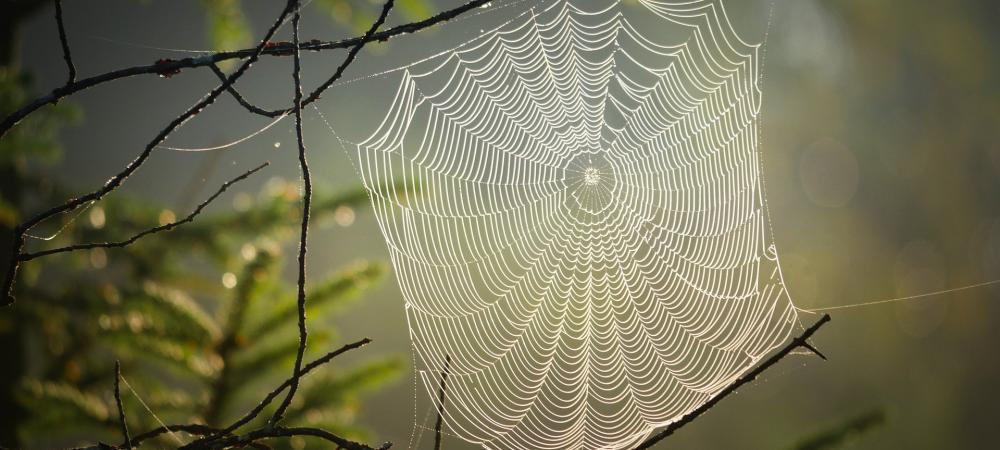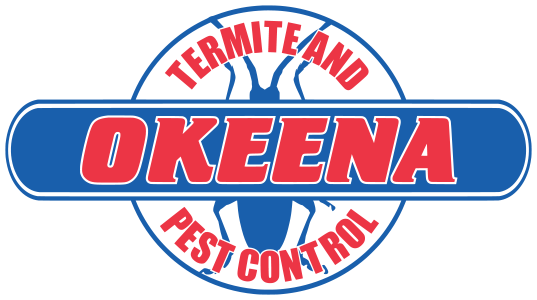Brown Recluse Spiders in Tennessee

The brown recluse spider, scientifically known as Loxosceles reclusa, is a venomous spider species commonly found in Tennessee and other parts of North America. In this article, we will discuss the key characteristics of brown recluse spiders that can help you identify them, such as their violin-shaped marking on the cephalothorax and their brown color. Additionally, we will provide tips on what to do if you suspect a brown recluse spider infestation or have been bitten by one. By understanding how to identify brown recluse spiders, you can better protect yourself and your home from these potentially harmful arachnids.
Tennessee - The Perfect Home for Brown Recluse Spiders
Tennessee has the perfect climate and terrain for brown recluse spiders. The state's temperate climate, with its warm summers and mild winters, provides an ideal environment for these spiders to thrive. Additionally, Tennessee's diverse landscapes, which include forests, fields, and urban areas, offer a variety of habitats for brown recluses to inhabit.
Brown recluse spiders primarily choose to live in secluded areas where they are less likely to be disturbed. Wood piles, dead trees, sheds, garages, attics, and closets are all common hiding spots for these spiders. These areas provide the darkness and seclusion that brown recluses prefer, allowing them to remain undisturbed while they hunt for prey.
In Tennessee, brown recluse spiders are most active during the warmer months, typically from April to October. During this time, they search for shelter, mate, and lay eggs. Homeowners should be particularly vigilant during these months to prevent potential encounters with these spiders.
Overall, Tennessee's perfect climate and diverse terrain create an ideal habitat for brown recluse spiders. Their preference for secluded areas further increases the likelihood of encounters in wood piles, dead trees, sheds, garages, attics, and closets. Understanding their habits and active months can help residents take necessary precautions to minimize potential encounters with these spiders.
How to Identify Brown Recluse Spiders
Brown recluse spiders are a type of venomous arachnid commonly found in the United States. While they are not aggressive and typically avoid human contact, it's essential to be able to identify them to avoid potential encounters. Here are some ways to help you identify brown recluse spiders:
- Size: Brown recluse spiders are relatively small, measuring about ¼ to ½ inch in body length.
- Color: They have a light to medium brown color, usually with a darker brown violin-shaped marking on their back.
- Legs: Brown recluse spiders have long, slender legs that are the same color as their body.
- Eye arrangement: They have six eyes arranged in pairs, rather than the eight eyes typically found in most spiders.
- Web pattern: Unlike other spiders, brown recluse spiders do not spin large webs. They build irregular, messy webs in quiet, undisturbed areas.
- Habitat: Brown recluse spiders are often found in dark, secluded places such as closets, basements, garages, and woodpiles.
- Behavior: As their name suggests, brown recluse spiders are reclusive and tend to hide during the day. They are nocturnal hunters.
- Distinguishing features: Look for the characteristic violin-shaped marking on their back. This marking can vary in shape and color, but it is usually darker than the rest of their body.
By familiarizing yourself with these identifying characteristics, you can better protect yourself and your surroundings from potential encounters with brown recluse spiders.
Bite & Venomous Effects
Brown recluse spider bites can have significant effects on the human body, as their venom contains a mixture of chemicals that can cause systemic reactions. While most bites result in only minor symptoms, such as redness, pain, and itching, some individuals may experience more severe reactions, including fever, nausea, headache, and muscle pain. In rare cases, these bites can lead to the development of ulcerating sores or bacterial infections. It is advisable to seek medical attention if bitten by a brown recluse spider, especially if experiencing an allergic reaction or if the bite site shows signs of infection.
Prevention and Control Strategies for Brown Recluse Spider Infestation
Preventing and controlling brown recluse spider infestations can help ensure a safe and comfortable living environment. These spiders are known for their venomous bites and can be found in Tennessee and other parts of North America.
Implementing the following strategies can greatly reduce the chances of encountering these spiders in your home.
- Seal Cracks and Openings: Inspect your home for any cracks or openings where brown recluse spiders can enter. Seal them off using caulk or weatherstripping.
- Clean and Declutter: Keep your home clean and clutter-free as brown recluse spiders are attracted to dark and cluttered areas. Regularly vacuum and dust to remove webs and potential hiding spots.
- Remove Outdoor Vegetation: Trim bushes, trees, and grass near your home to reduce the chances of brown recluse spiders making their way inside.
- Store Firewood Properly: Do not store firewood directly against your home. Instead, keep it at least 20 feet away and elevate it off the ground to discourage spiders from nesting in the stacks.
- Use airtight Containers: Store clothing, shoes, and other items in airtight containers to prevent spiders from nesting in them.
- Install Screens: Place screens on windows and doors to prevent brown recluse spiders from entering your home while still allowing for proper ventilation.
- Use Spider Repellents: Apply spider repellents or natural deterrents, such as essential oils like peppermint or citronella, in areas where brown recluse spiders are likely to hide.
- Regular Inspections: Conduct regular inspections of your home, paying close attention to dark and secluded areas like attics, basements, and crawlspaces.
- Proper Garbage Disposal: Ensure that trash cans are tightly sealed and regularly emptied to avoid attracting spiders and other pests.
- Outdoor Lighting: Install yellow or sodium vapor lights instead of white lights, as brown recluse spiders are less attracted to these types of lighting.
- Keep Indoor Lighting Dim: Avoid using bright lights indoors during nighttime, as this can attract insects and subsequently attract brown recluse spiders.
Contact the Professionals at Okeena Termite and Pest Control
Seeking professional help from a Jackson, Tennessee pest control company can also be beneficial in preventing and controlling brown recluse spider infestations. Pest control professionals have the knowledge and tools to effectively treat the problem areas and reduce the spider population in your home. If you have seen brown recluse spiders (or any other spiders) in your home, contact us today to schedule a free pest inspection.

